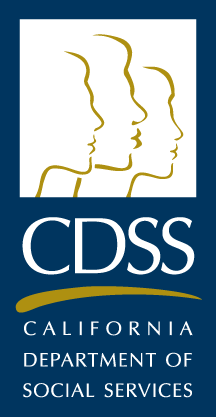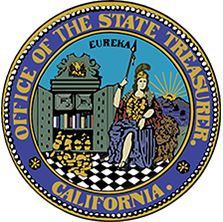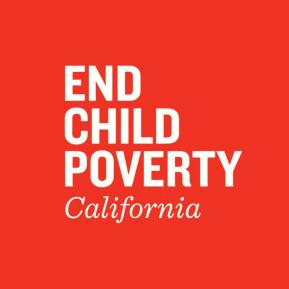Baby Bonds Evaluation
Measuring the Impact of an Effort to Reduce Wealth Inequality in California
The United States has unusually high levels of wealth inequality, and these inequalities are even more extreme within the state of California.
Why does wealth inequality matter? It matters because (a) the burden of extreme wealth inequality falls disproportionately on families of color, and (b) wealthy families, regardless of race or ethnicity, are better positioned to help their children get ahead by living in the most advantaged neighborhoods, financing their children’s college costs, helping them start a business or buy a home, or paying off their debts. Parental wealth has been shown to affect children’s downstream opportunities above and beyond the well-established effects of household income. The winners of the birth lottery - those who are dropped into households with substantial wealth - gain access to opportunities that only wealth can buy.
Despite the growing evidence that extreme wealth inequality is a fundamental source of unequal opportunity and racial inequities, there are still no major U.S. social programs or policies designed to reduce wealth inequality. Baby bonds represent a relatively recent intervention that seeks to address this policy gap in the following way: children born into low-wealth families are provided with trust funds that they can access when they enter adulthood, giving them a “floor” of financial assets to facilitate success in future-focused investments like postsecondary education or entrepreneurship and to help ensure that financial emergencies do not disrupt their life trajectories.
The State of California recently committed to launching a baby bonds program, the California Hope, Opportunity, Perseverance, and Empowerment for Children Trust Account Program (the HOPE Program), which will represent the largest state-funded baby bonds program nationwide. The program will initially be targeted specifically to youth who have spent time in the foster care system and to children from low-income families whose parents or guardians have died from COVID-19.
As baby bonds are a relatively recent policy innovation, structured with an intended long-term payoff, the existing body of research on this potentially promising intervention is thin. The California HOPE Program presents a unique opportunity to evaluate the impact of this intervention at significant scale and for specific target populations that it may particularly benefit.
The Stanford Center on Poverty and Inequality will partner with the California HOPE Program, the California Department of Social Services, and End Child Poverty in California/GRACE, as well as research collaborators David Rehkopf of Stanford and Vickie Mays and Naomi Zewde of UCLA, to measure the impact of the program as it is launched and implemented over the next three years. The research includes three basic components:
simulation of the effects of the baby bonds program in existing longitudinal data from the Panel Study of Income Dynamics;
qualitative analysis of existing data from CPI’s American Voices Project, an archive of “life story” interviews, to identify key moments when asset shortfalls affect decisions, investments, and long-term outcomes;
direct assessment of the short-term effects of baby bonds on youth who will eventually become eligible to access funds from HOPE Accounts and their caregivers and on young adults as they become eligible to withdraw and spend the funds.
Results from this research promise to inform California’s strategies to implement and improve this new program. Moreover, the study results will provide important data to inform the broader state and national policy conversation seeking to understand the potential impact of baby bonds as a new and potentially promising policy intervention to address the harmful and inequitable effects of the stark wealth inequality in California and across the U.S.
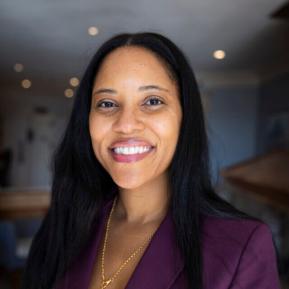
President & CEO , End Child Poverty in California/GRACE
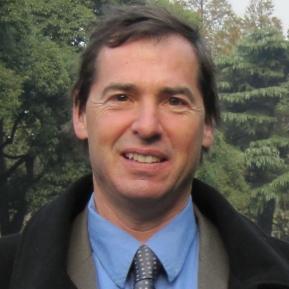
Faculty Director, Stanford Center on Poverty and Inequality; 2024-2025 & 2025-2026 Investment Advisory Council
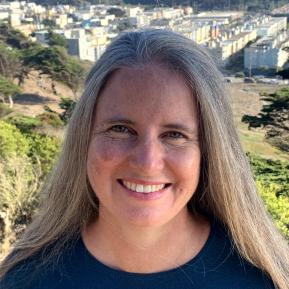
Executive Director , Stanford Center on Poverty and Inequality
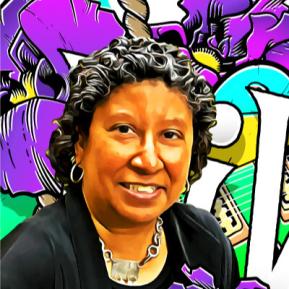
Professor, UCLA Fielding School of Public Health
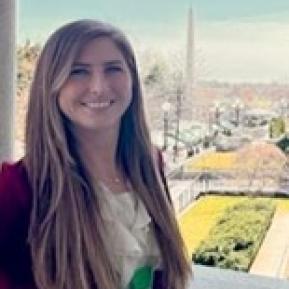
Executive Director, California HOPE Program, Office of the State Treasurer
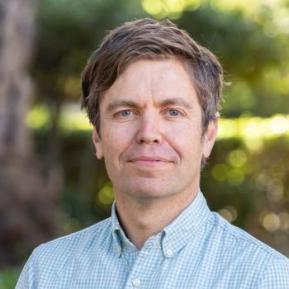
Associate Professor , Stanford School of Medicine

Assistant Professor, UCLA Fielding School of Public Health
Related Links
- California HOPE, OPPORTUNITY, PERSEVERANCE, AND EMPOWERMENT (HOPE) for Children Trust Account Program: Report Summary
- Innovations in Baby Bonds [Federal Reserve Bank of New York event, January 16, 2025]


